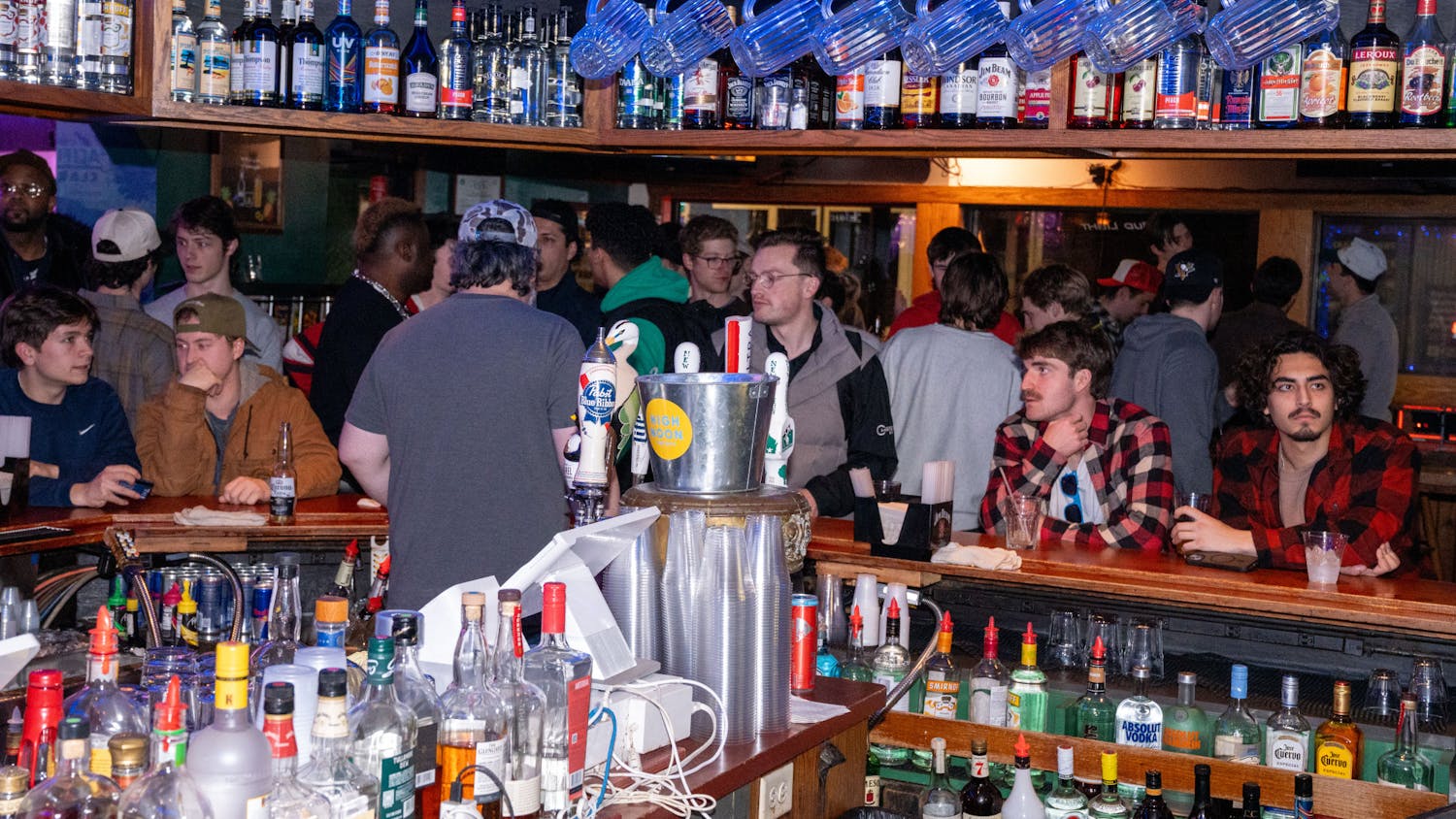Kate Roglieri never thought she’d be stuck in this position.
Coming fresh off her sophomore year at the University of Wisconsin-Madison, Roglieri began to find a niche in her studies. She found a passion for politics in her political science major, and things were clicking into place. Her goal was to attend law school after graduating from UW. In order to achieve that dream, she knew she needed to grow an impressive resume.
After researching a number of summer internships, she found the perfect position: a legislative intern for State Rep. Jonathan Brostoff’s office. Multiple rounds of interviews passed by and Roglieri was offered the internship — the unpaid internship.
Unpaid internships have been around since the Middle Ages, despite looking a little different over the years. Back then, apprentices would be provided food, boarding and clothing in addition to their abundance of new skills. The shift to the more modern internship came in the 20th century with the establishment of the Fair Labor Standards Act (FLSA) of 1938. As TIME summarized in 2012, a job that met six requirements could legally qualify as an unpaid internship: the internship must be similar to training that would be given in an educational environment; the internship must be for the benefit of the intern; the intern does not displace regular employees; the employer derives no immediate advantage from the intern; the intern is not entitled to a job at the end of the internship; and the intern understands that they are not entitled to wages.
Under the FLSA, any employee of a for-profit company must be paid for their work. However, interns are not considered employees under the FLSA — that’s how companies are able to employ them. Individual states have varying stances when it comes to unpaid internships, including how strict the internship can be in terms of school accreditation and proposals.
This comes as no surprise. In recent decades, the stereotypical idea of an “intern” has raised alarm bells for a number of roles. Publishing, entertainment and fashion are among the top industries notoriously known for exploiting unpaid interns. Movies, books and TV are known to famously depict interns taking out the trash, going on coffee runs and doing the grunt work of the office.
It seems like there are only downsides to unpaid internships. That is, until you look at the other end of the spectrum.
“I think unpaid internships are important,” Roglieri said. “They can be very valuable and humbling in a way. It gave me confidence for getting a job in the future. I [wasn’t] on payroll. I was just there to learn and soak things up.”
Roglieri’s day-to-day responsibilities included writing letters and emails to constituents, working on her personal research project and attending in-person sessions at the State Capitol, she said.
“I learned how to work independently, and I was able to network,” Roglieri said. “There was less pressure in knowing I wasn’t getting paid.”
While she thrived working for Brostoff’s office, Roglieri struggled financially. She had to pick up another part-time job at a local restaurant just to pay her apartment rent.
From 2020 to 2021, three out of four unpaid interns were white and financially stable. It shows the fine line between economic inequalities and unpaid internships — many individuals do not have the financial capacity to give up paid work. This provides individuals with financial means a leg up, as they're able to take advantage of professional development and advancement opportunities. Others may not have that privilege. It’s a challenge employers and students alike struggle with in an overly competitive professional world.
While unpaid internships are still around, the rise of paid internships provides a hopeful gateway for college students to get their foot into the door of the professional world. Despite their drawbacks, individuals like Roglieri choose to see the positives of these unpaid roles.
The summer after working at Brostoff’s office, Roglieri scored a paid internship with the Tony Evers for Wisconsin campaign as a campaign finance intern.
“That unpaid internship helped me get to the next step,” she said. “At the end of the day, the focus was just what I was learning.”
Roglieri is set to graduate from UW-Madison in May and is heading off to Brooklyn Law in the fall. Everything finally clicked into place for the 21-year-old — and she accredits it all to the summer of working for free.
Disclaimer: The author of this story was acquainted with the interviewee prior to this story.






